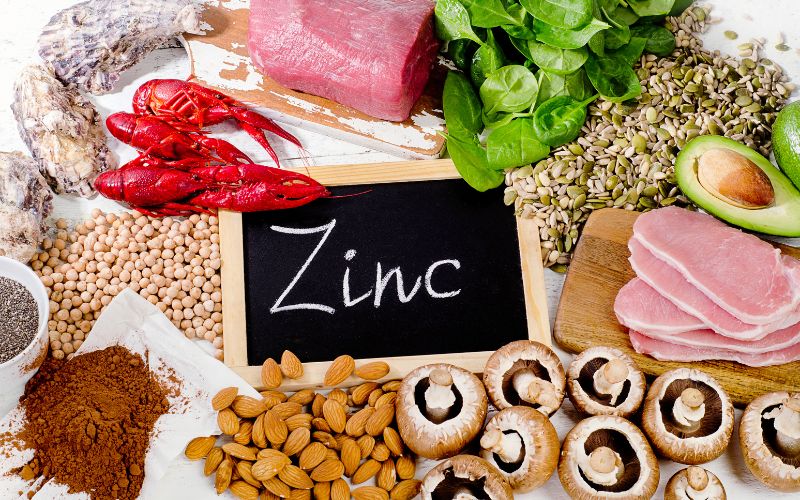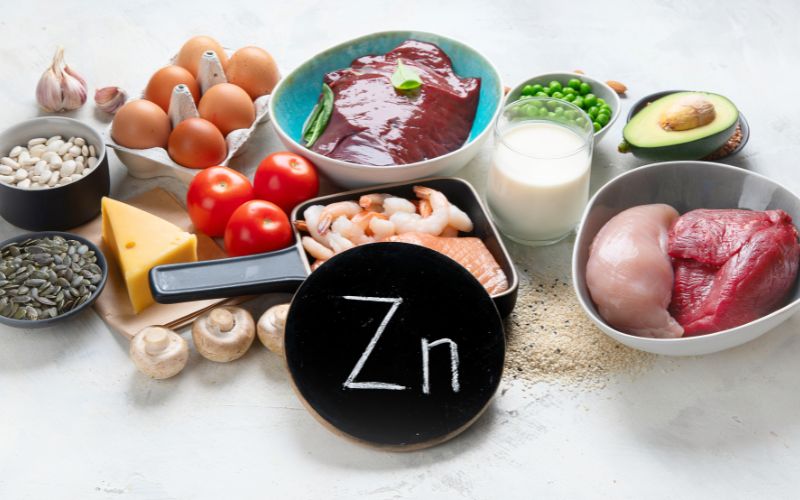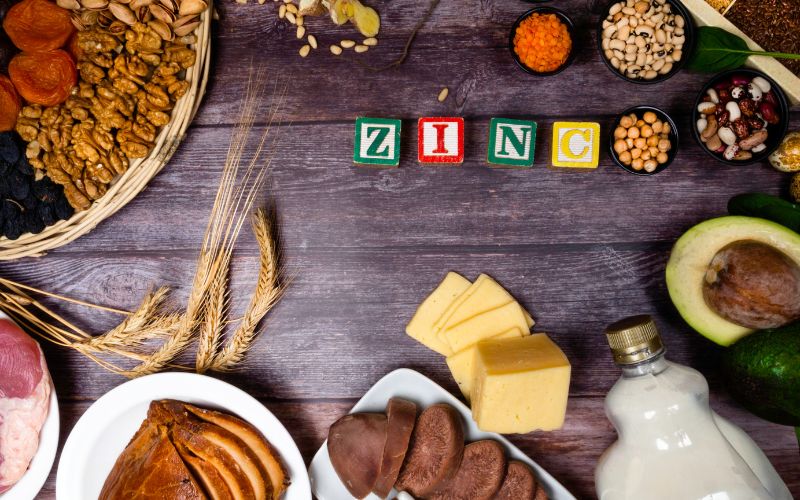Zinc deficiency in children can impact their normal growth and development, making them more susceptible to illnesses. It is important for parents to be aware of the signs of zinc deficiency in their little ones and take appropriate steps to ensure adequate nutrition.
Here are three groups of children who are particularly at risk of zinc deficiency, which parents should pay attention to:
1 Breastfed Babies
While it is recommended that newborns be exclusively breastfed for the first few months, as they grow older, their zinc requirements increase significantly. From 7-12 months of age, the amount of zinc needed surpasses what can be provided solely through breast milk.
Therefore, for older babies aged 7-12 months, in addition to breastfeeding, it is advisable to introduce zinc-rich complementary foods such as , , , and …
 Breastfed Baby
Breastfed Baby
2 Children with Long-term Iron Supplementation
Excessive iron supplementation can interfere with zinc absorption. Thus, parents should refrain from giving their children iron medications or supplements without a doctor’s prescription and guidance.
It is best to consult a pediatrician and follow their recommendations on iron supplementation, preferably between meals, to minimize the impact on zinc absorption.
 Child with Long-term Iron Supplementation
Child with Long-term Iron Supplementation
3 Picky Eaters and Vegetarian Children
Children who are picky eaters or follow a vegetarian diet are also at risk of zinc deficiency. Additionally, certain foods like beans and phylate can hinder zinc absorption.
It is not advisable to raise a child as a vegetarian too early in life as it may lead to severe zinc and other nutrient deficiencies, impacting their overall development.
 Picky Eater or Vegetarian Child
Picky Eater or Vegetarian Child
These are the three groups of children who are most susceptible to zinc deficiency. By being aware of these risks, parents can take proactive steps to ensure their children receive the necessary nutrients for healthy growth and development.
Source: Phunu Newspaper, Issue #


































